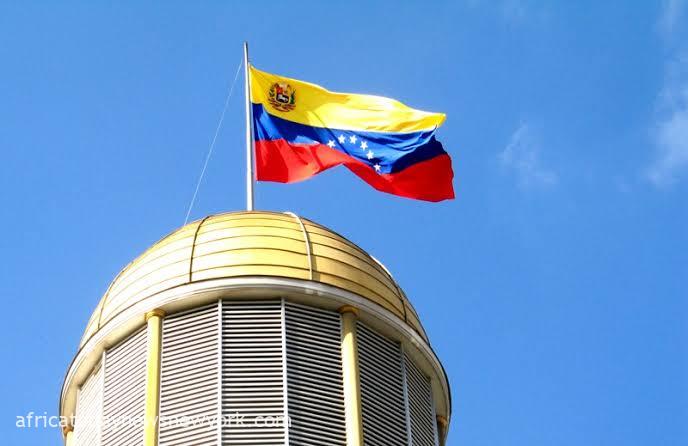Days after Venezuela‘s top court upheld a ban on opposition candidate María Corina Machado, the US has issued a warning to reimpose sanctions on the country’s oil sector.
Ms. Machado emerged victorious in the primary, securing her position as the opposition’s unified candidate for the 2024 presidential election.
Ms. Machado’s victory in the primary is overshadowed by Venezuela’s Supreme Court, which on Friday confirmed a 15-year ban on her candidacy for public office.
Venezuela’s economy is heavily reliant on its oil industry, making it a critical sector for the country.
The US implemented sanctions on Venezuela’s oil sector in 2019, subsequent to President Nicolás Maduro’s disputed second-term swearing-in, characterized as an election widely criticized for lacking both freedom and fairness.
In October, the US eased the sanctions following a deal between the Maduro government and the opposition, establishing the groundwork for potentially free and fair presidential elections in the latter half of 2024.
Soon after the Barbados deal, the US Treasury issued a temporary license, enabling transactions involving Venezuela’s oil and gas sector.
Read also: Opposition Leader Challenges Public Office Ban In Venezuela
The US, at the time of issuing the license, highlighted that its renewal would be dependent on Venezuela fulfilling its commitments within the electoral roadmap, which involved lifting bans on María Corina Machado and other opposition candidates.
The oil exemption, scheduled to lapse on April 18, will not be extended unless there is “political progress” between the Maduro government and the opposition, specifically focusing on allowing all presidential candidates to compete in this year’s election, as stated by the US State Department on Tuesday.
Earlier, the US announced its plan to reimpose sanctions on Venezuela’s state-run gold mining company, representing another avenue of foreign currency for the Maduro government.
With an overwhelming victory in the opposition’s primary in October, where she garnered more than 90% of the votes, Ms. Machado has become a symbol of hope for Venezuelans aspiring for a change in government. The optimism centers around the possibility of her becoming president, contingent upon the conduct of a free and fair election.
As part of the Barbados deal, the Maduro government committed to allowing international observers to play a role in monitoring the upcoming election.
The confirmation of the ban on Ms. Machado by the Supreme Court, which is predominantly loyal to Maduro, has led to the widespread conclusion, shared by Ms. Machado herself, that the Barbados deal is no longer viable.
Ms Machado has promised to stand firm, insisting that she has been given a mandate in the primary which she said she would fulfil: “We are going to win and they must prepare to lose… They cannot hold elections without me.”
Jorge Rodríguez, a close ally of Mr Maduro who represented the government at the Barbados talks, insisted that the government had upheld its end of the bargain: “Those who wanted to appeal appealed and also pledged to respect the outcome.”

